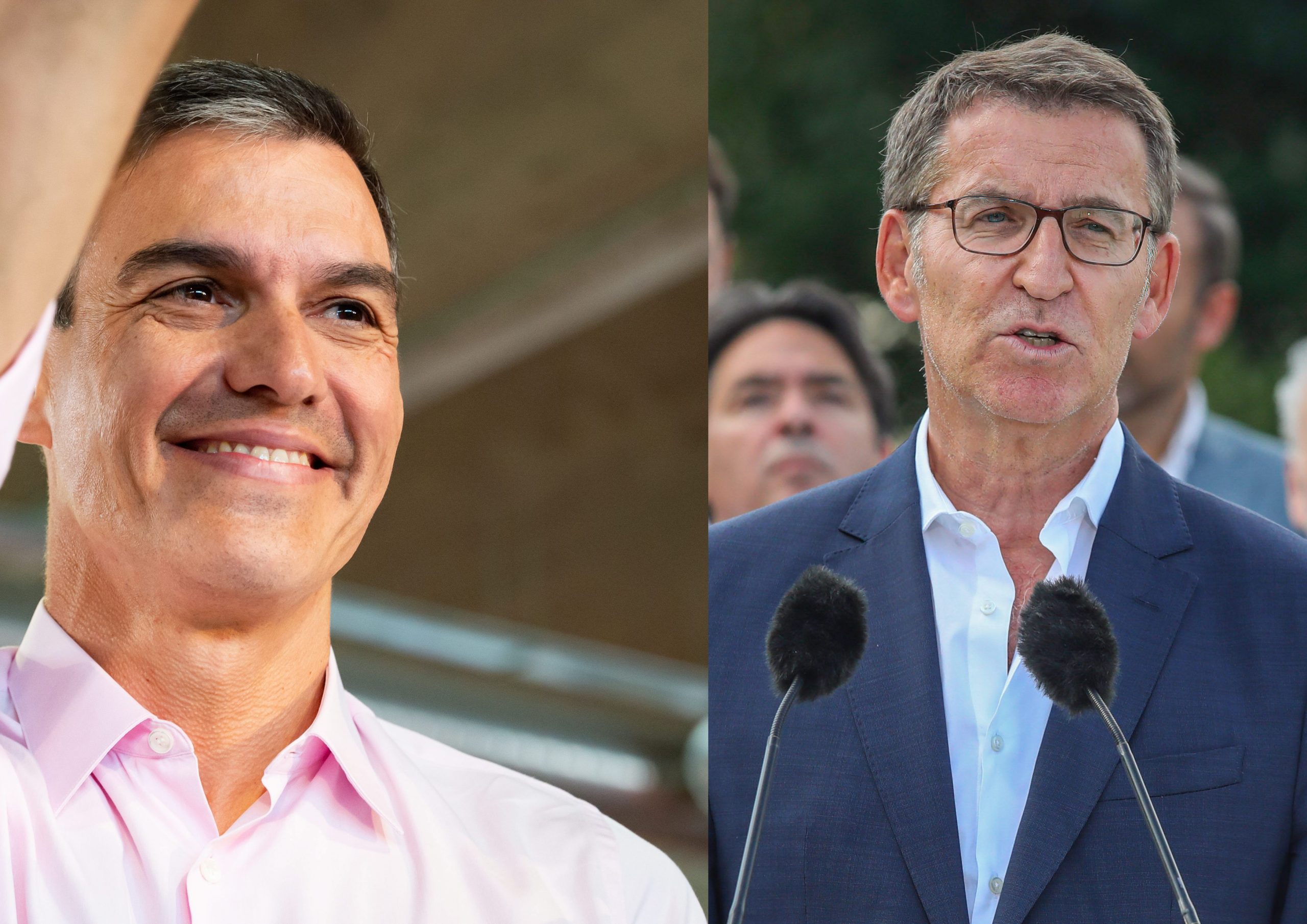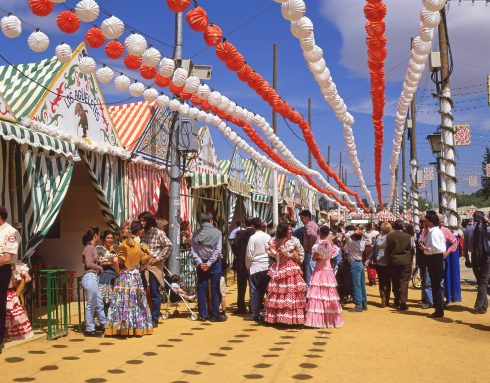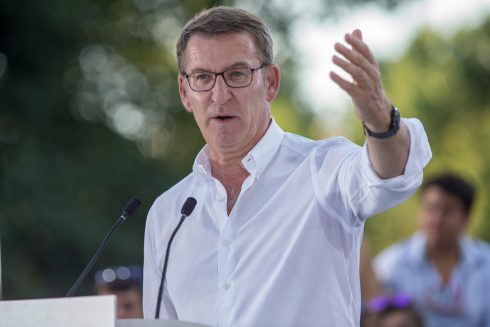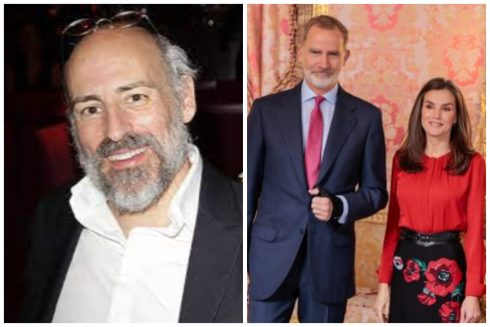FOR POLITICAL analysts in Spain, the head of the conservative Popular Party (PP), Alberto Nuñez Feijoo, behaved more like an opposition leader during day one of his investiture debate on Tuesday rather than a future prime minister.
Feijoo, who won the inconclusive general election on July 23 but fell well short of a majority, is widely expected to be unsuccessful in his bid this week to be voted in as prime minister by lawmakers in the Congress of Deputies.
And perhaps this was why he opted to treat the debate as more of a motion of no confidence in the caretaker prime minister, Pedro Sanchez of the Socialist Party.
Feijoo began his speech in Congress on Tuesday morning with attacks on the rumoured plan from Sanchez to grant a blanket amnesty to anyone involved in the Catalan independence drive in 2017, which saw an illegal referendum on secession from Spain held, followed by a unilateral declaration of independence.
Sanchez is considering granting the amnesty in order to gain the support of separatist parties such as the Catalan Republican Left and Together for Catalunya. Their support is essential if he is to be voted back in as prime minister at a potential future investiture debate, given that his Socialist Party also fell well short of a majority at the elections.
“It’s a legal aberration, and a direct attack on essential democratic values,” charged Feijoo about the amnesty plan.

Instead, he proposed toughening up the Criminal Code for the offence of misuse of funds, a crime committed by the independence leaders during the 2017 independence push and also a crime for which the Sanchez government has actually reduced the punishment as part of its bid to seek a political solution to the tensions with the northeastern region.
Feijoo also made some claims that were greeted with laughs from his political opponents, such as arguing that he has the support to become prime minister but is choosing not to do so.
“I have the votes to be prime minister within my reach,” he said to guffaws from lawmakers. “But I won’t accept paying the price that they want for me to do so.”
He was saying that if he accepted the demands for an amnesty and a referendum in Catalonia on independence, he could muster support to be PM. But he was ignoring the fact that if he were to do that, he would lose the backing of the far-right Vox party, whose votes are also essential to his bid for power.
‘Apocalyptic visions’
As for his plans for government, he repeated many proposals that he had made ahead of the July 23 election: tax cuts for medium- and low-income households, an extension to VAT cuts on food and drink, as well as a continuance of a special tax on banks.
He also backed a ‘greener economy’ but without ‘apocalyptic visions’.
“Yes to an environmental transition. No to an activist-led dictatorship,” he said.
Pedro Sanchez, meanwhile, a politician who is known for his strategic cunning, opted not to even respond to Feijoo – at once a sign of disrespect, given that no other prime minister has opted not to take part in such an investiture debate, and at the same time a way of unnerving Feijoo.
“Mr Sanchez, you requested six debates and you are not even able to hold a second?” Feijoo railed at the caretaker prime minister, in response to his request to the PP leader ahead of the elections that they hold six televised debates – only one was held in the end.
Instead, Socialist lawmaker Oscar Puente responded to Feijoo. Puente is the former mayor of the city of Valladolid but was ousted from the role earlier this year despite having won the local elections. This happened because he fell short of a majority and the PP made a governing deal with far-right Vox.
‘Comedy club’
“Explain to me, Mr Feijoo, from winner to winner: why should you have more of a right to be the prime minister of the government than I do to be mayor of Valladolid […]?” he asked ironically, undermining the PP leader’s repeated arguments that the party should form a national government after it won the most votes at the July 23 elections.
“I’m not going to be a part of this comedy club,” Feijoo replied.
It was a performance that prompted political analysts in Spain to conclude that Feijoo is already behaving as the leader of the opposition to a repeat of the Socialist-led coalition government that has been in place since 2020.
If, as is expected, Feijoo loses the investiture debate this week, the most likely outcome will be King Felipe VI nominating Pedro Sanchez as prime ministerial candidate.
If Sanchez can muster the votes at his own investiture debate, he will indeed become prime minister once more – but in a large part this will depend on whether he can placate the Catalan separatist parties.
Should that bid fail, Spain will be looking at fresh elections come 2024 in a bid to break the stalemate.
Read more:
- Why the Popular Party’s Alberto Nuñez Fejioo is doomed to fail at this week’s investiture vote
- Spain’s caretaker prime minister, Pedro Sanchez, vows he can cling onto power
- Thousands take to streets of Spain’s capital Madrid to protest against amnesty for Catalan secessionists
Click here to read more News from The Olive Press.








